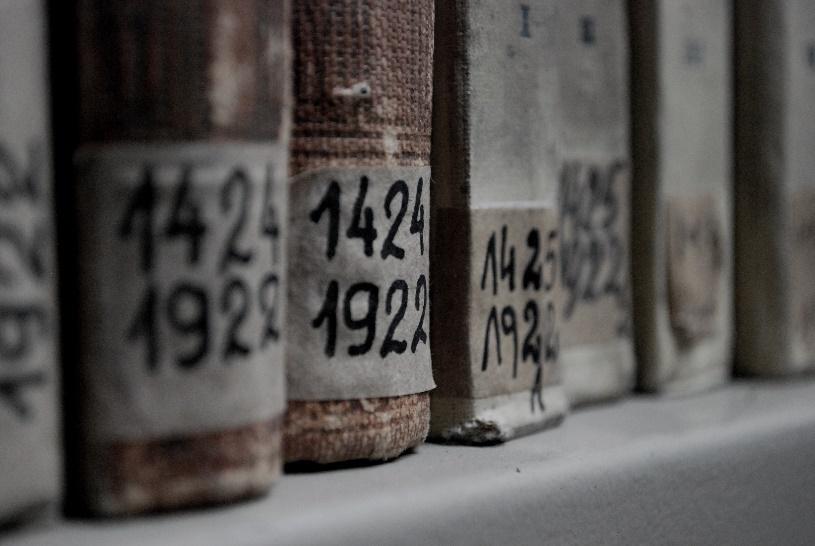
Family Search is a genealogical website belonging to the Church of the Latter-Day Saints. The Mormons believe that baptizing the deceased souls of loved ones will help those family members rest in heaven. This Mormon principal has led the church to collecting and protecting millions of records concerning the heritage and backgrounds of many communities.
Family Search is a family-friendly website that offers resources and information about many different research types and the importance of genealogical records. Also, FamilySearch has a wealth of family tree templates to help you and your children get started in completing your family tree.
Conduct a Family Inventory 
This will be self-explanatory to an adult but to a child sitting down with a large piece of paper with the word, ‘ME!’ written in the center.
The task of listing all their relatives looming ahead of them isn’t easy. Children quickly forget those they don’t see everyday or family members who died before they could get to know them. Helping fill out this prelimary tree will provide a bigger picture for your child.
Altmann, Gerd. ‘Checklist.’ Pixabay.com. Copyright-free.
Visit Older Relatives
The richest and most entertaining resource available to any family historian is their family members. The memories and recollections that a genealogical interview can reap are immense in potential rewards and clues on further completing a family tree.
A child’s natural inquisitiveness can be focused to still meet the standards of scientific genealogy and provide them with an accurate family tree that they can be proud of and brag it meets the ‘Genealogical Proof Standard.’
The Genealogical Proof Standard is a set of requirements that professional and amateur family historians use to gauge another genealogist’s work. A child just needs to prove their family tree is accurate but when they interview a family member they should always write down the name of the person being interviewed, the date, location, and follow a set of standard questions (that are used for all interviewed family members).
Visiting Libraries and Other Archives
Many cities with major universities have massive libraries with both digital and analog records to help in the search for genealogical evidence.
Land registries, property documents, marriage licenses, and birth and death certificates are extremely helpful pieces of evidence that can prove the accuracy of any family tree.

Defeat Doubt with DNA Tests
A child is too young to understand the complex nature of genetics and DNA tests, but there are valuable lessons in learning about the ancient history of ancestors who shape the lives that children live today. 
The quality and evaluation of DNA tests are just as varied as any genetic data. There is an objective website (DNAWeekly) that evaluates the DNA tests available to the consumer market and rates the laboratories that evaluate the DNA tests. National Cancer Institute. ‘DNA Genotyping and Sequencing.’ Unsplash.com. Copyright-free.
Family Tree Templates Versus Hand-Drawn Trees
A family tree does not have to be a hand-drawn piece of artwork that should be framed, but it can be! There are templates available on FamilySearch and other genealogical websites but drawing a family tree together with your children can make an activity an important memory.
Afterall, genealogy and building a family tree are ways to connect with your ancestors and learn from the challenges, failures, and successes of your extended family members and their colorful histories. Learning about family helps children appreciate diversity, encourages a natural interest in history, and aids children in their educational development.

